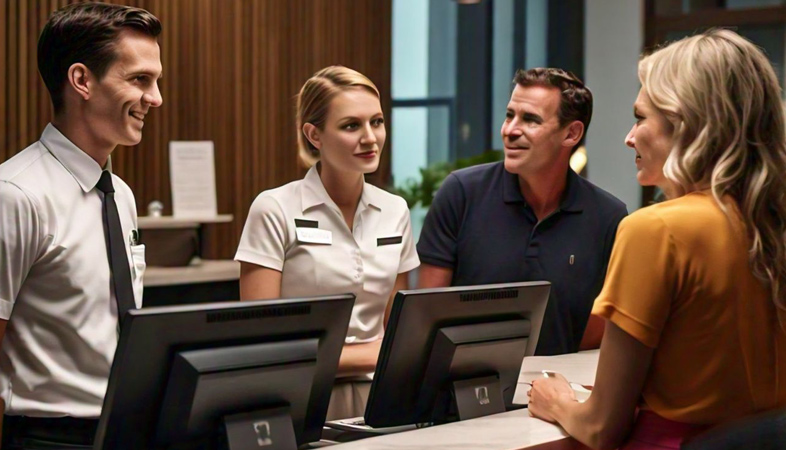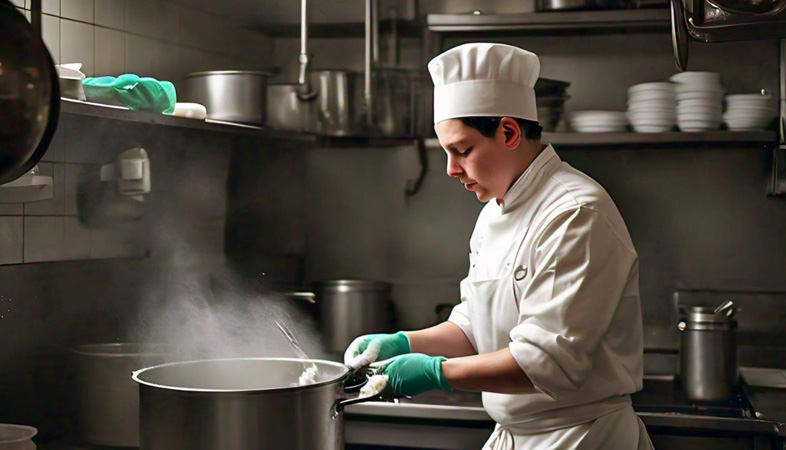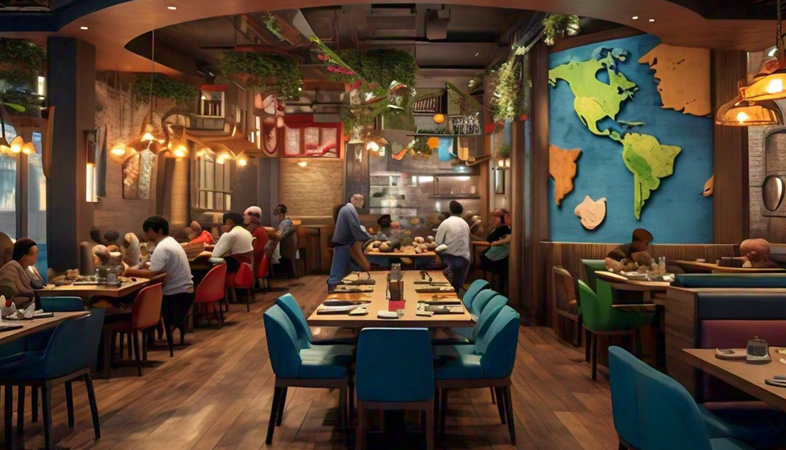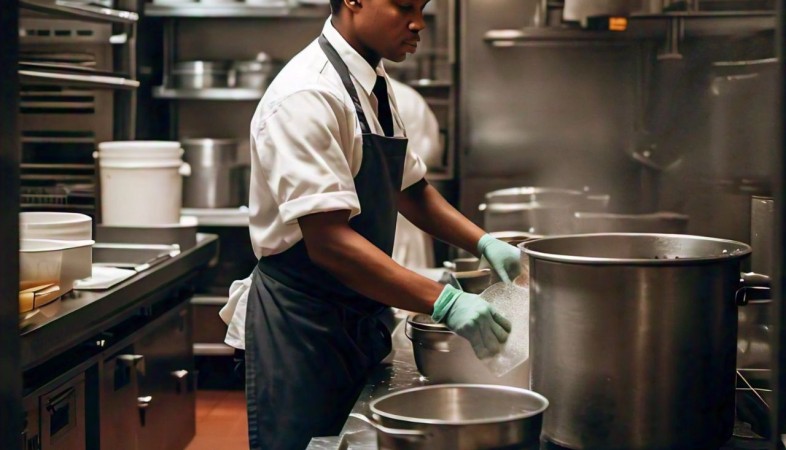How Front Office Teams Can Anticipate and Meet Guest Expectations Before Arrival
The role of the front office team in anticipating and exceeding guest expectations before their arrival is pivotal to shaping a memorable experience.
In the hospitality industry, first impressions are made long
before a guest sets foot on the property. The role of the front office team in
anticipating and exceeding guest expectations before their arrival is pivotal
to shaping a memorable experience. By leveraging technology, proactive
communication, and attention to detail, front office teams can create a
seamless and personalized journey from the moment a booking is confirmed.
Understanding guest preferences begins with gathering detailed information during the reservation process. Asking specific questions about special requirements, room preferences, or dietary needs allows the team to tailor the experience to each guest. Modern property management systems make it possible to store and analyze this information, helping staff anticipate guest needs effectively. Returning guests, for instance, might appreciate being welcomed with their preferred room type or a repeat of a service they previously enjoyed.
Proactive communication is another essential element of meeting guest expectations. Sending a pre-arrival email or message not only confirms details such as check-in times and amenities but also provides an opportunity to offer personalized recommendations. Highlighting special offers, local events, or upgrades can add value to the guest's stay. This touchpoint also allows the guest to express any additional requests or clarify details about their visit, fostering a sense of care and attentiveness.
Building guest profiles is an invaluable tool for front office teams. These profiles can include past feedback, preferences, and travel history, enabling staff to offer customized experiences. For example, a guest who previously celebrated an anniversary at the property might appreciate a small gesture like a complimentary dessert or a personalized note in their room during their next stay. Such gestures demonstrate a genuine effort to make the guest feel valued and remembered.
Collaboration across departments plays a significant role in enhancing the pre-arrival experience. The front office team should work closely with housekeeping, concierge, and food and beverage departments to ensure all preparations align with the guest’s preferences. Whether it’s arranging for a specific room layout, stocking preferred beverages, or planning an excursion, seamless coordination ensures that no detail is overlooked.
Technology offers powerful tools to anticipate guest needs. Artificial intelligence and predictive analytics can analyze booking trends, guest reviews, and other data to identify patterns and preferences. Automated systems can suggest personalized services based on this data, such as spa bookings or restaurant reservations. Additionally, mobile apps that allow guests to customize their stay ahead of time—choosing room temperature, pillow types, or check-in times—enhance convenience and satisfaction.
For international travelers, anticipating language barriers or cultural preferences can significantly enhance the guest experience. Providing multilingual support, offering culturally relevant amenities, or simply ensuring the availability of adapters for international devices demonstrates thoughtfulness and care. These small touches show that the property is prepared to accommodate diverse needs.
A warm welcome starts with creating a positive emotional connection. Even before arrival, simple gestures such as sending a handwritten note or a digital greeting from the general manager can set the tone for a memorable stay. Offering perks like early check-in options, surprise room upgrades, or thoughtful welcome gifts adds an element of delight and surprise.
Understanding the purpose of the guest's visit is also crucial. A business traveler may prioritize fast Wi-Fi and efficient check-in processes, while a family might appreciate child-friendly amenities and activity recommendations. Tailoring services to meet these specific needs not only enhances satisfaction but also demonstrates that the front office team is attentive and proactive.
Lastly, feedback loops are essential for continuous improvement. Following up with guests after their stay to inquire about their experience provides valuable insights for future enhancements. Tracking recurring feedback helps identify trends and areas where service can be refined, ensuring that every guest feels their voice is heard.
By anticipating guest needs and demonstrating a commitment to personalized service, front office teams set the stage for a remarkable stay. Every interaction before arrival is an opportunity to exceed expectations, establish trust, and create lasting loyalty. In a competitive industry, these thoughtful practices make all the difference in turning guests into enthusiastic advocates for the property.
.png)




























